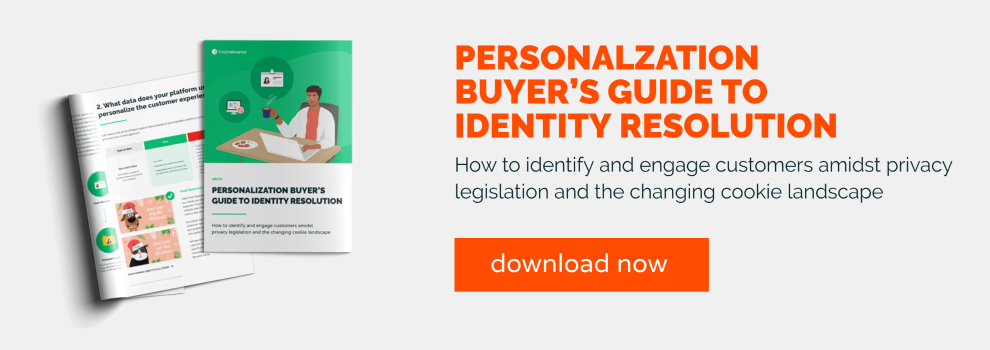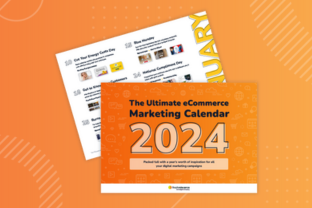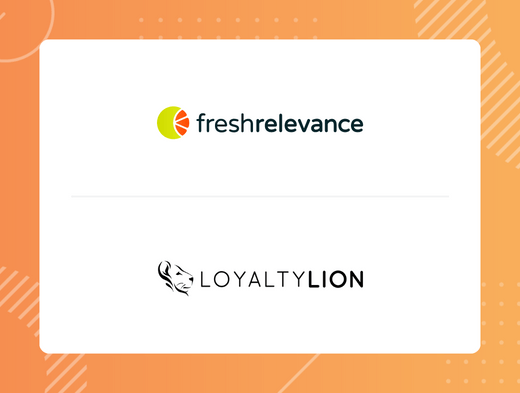From the almost apocalyptic Covid-19 crisis to the upcoming cookie apocalypse, the travel industry has been hit hard the last few years. Fortunately, though, travel restrictions are lifting around the world and the cookie apocalypse isn’t as scary as you might think.
In this blog post we will be explaining what third-party cookie blocking might look like to travel marketers, the challenges you might face in your marketing strategies and solutions to those challenges.
Let’s dive in.
What are cookies?
Firstly, let’s define what cookies are.
Cookies are small text files in your computer, and the information they contain is set and accessed by the servers of the websites you visit. They allow servers to identify you and remember your activity and any information you’ve provided.
There are various types of cookies that perform in different ways.
First-party cookies
First-party cookies are set directly by the website you’re on, and only the same domain can access them. They allow website owners to remember your session, collect analytics data, and perform other useful functions that help provide a good user experience.
For example, first-party cookies can help the website retain what language the customer visiting prefers. It also helps the website remember that the customer is logged in.
Third-party cookies
Third-party cookies are created by domains other than the one you are visiting directly, hence the name ‘third-party’. They are used for cross-site tracking, retargeting and ad-serving.
For example, if you’ve been looking at certain flights but haven’t booked yet and you see the same or similar flights recommended to you on various websites, that’s the third-party cookies tracking you.
The cookie apocalypse
Over the last few years, browsers have been cracking down on third-party cookies in response to increasing consumer demands for more choice, transparency and control over how their data is used for commercial and advertising purposes. Safari and Firefox prevented third-party cookies in 2020 and 2021 respectively, while Chrome will be phasing out third-party cookies by mid- to late 2023.
Learn more: Why Fresh Relevance isn’t affected by third-party cookie blocking
How will it affect travel marketing?
The third-party cookie phase out is undoubtedly a huge blow to some areas of the marketing and advertising space, and travel companies who rely on third-party cookies for their online audience targeting strategies will no longer be able to do so.
The solution(s)
There are multiple ways to successfully market to your customers and personalize the travel booking experience without using third-party cookies, instead using transparent, unaffected data sources, such as first-party and zero-party data, as well as contextual data.
First-party data
First-party customer data – such as actions a customer takes across your website – is the backbone of any good personalization strategy. Packed full of behavioral insights and implied interest, it allows marketers to personalize the travel booker’s experience across all stages of the customer journey.
For example, you can show customers recommendations based on vacations they’ve previously booked or browsed, and show relevant dynamic banners. Think of banners that show a sunny beach for those who have looked up warmer destinations, or snowy mountains for those who have browsed winter sports getaways.
Zero-party data
If you want to enhance your personalization with additional insights that first party data can’t provide, consider using zero-party data – the data which a customer intentionally and proactively shares with a brand. While first-party data helps marketers infer a customer’s interests and preferences, zero-party customer journey data provides explicit information to add color to customer profiles.
When it comes to using zero-party data to enhance your personalization efforts, the sky’s the limit. There are plenty of creative ways to collect it and even more ways to use it. For example, you could ask for your customers’ names as part of your zero-party data capture strategy and create dynamic hero banners for your website and emails that pull in each individual’s name.
Personification
Personification, also known as ‘personalization without identity’, doesn’t require an identified user. It will often be implemented using session cookies which are discarded at the end of each browsing session. Personification is great for websites which are in verticals where privacy is a very high priority.
The Fresh Relevance personification solution can use all of the rules, recommendations and other personalization tactics, but is limited to only use the behavioral data from the current browsing session. It can also incorporate the Zero-Click Personalization techniques described below.
Learn more: Personalization versus personification and why you need both
Zero-Click Personalization
Zero click personalization relies on contextual data and uses advanced AI techniques to personalize the experience of visitors without needing them to be identified. This works even on the landing page and before they click anything.
One example is Fresh Relevance’s price affinity predictor, which uses AI to estimate the budget of website visitors without using cookies. This means you can show your new potential customers vacations that are more likely to be in their price range from the moment they enter your site.
Another example of zero-click personalization is using weather-based marketing. If a customer lands on your website from a rainy, cold London, for example, you may be more likely to sell them a vacation in a tropical destination.
Final thoughts
To safeguard against third-party cookie blocking, it’s important to stay up-to-date with any further announcements that could impact your business. And when implementing any software or solutions to your marketing technology stack, ask whether they can help you better transition away from third-party cookies.
Book a free consultation to find out how Fresh Relevance could help you future-proof your identity strategy and generate results through personalization, and download our Personalization Buyer’s Guide to Identity Resolution to learn more about engaging customers amidst the changing cookie landscape.







